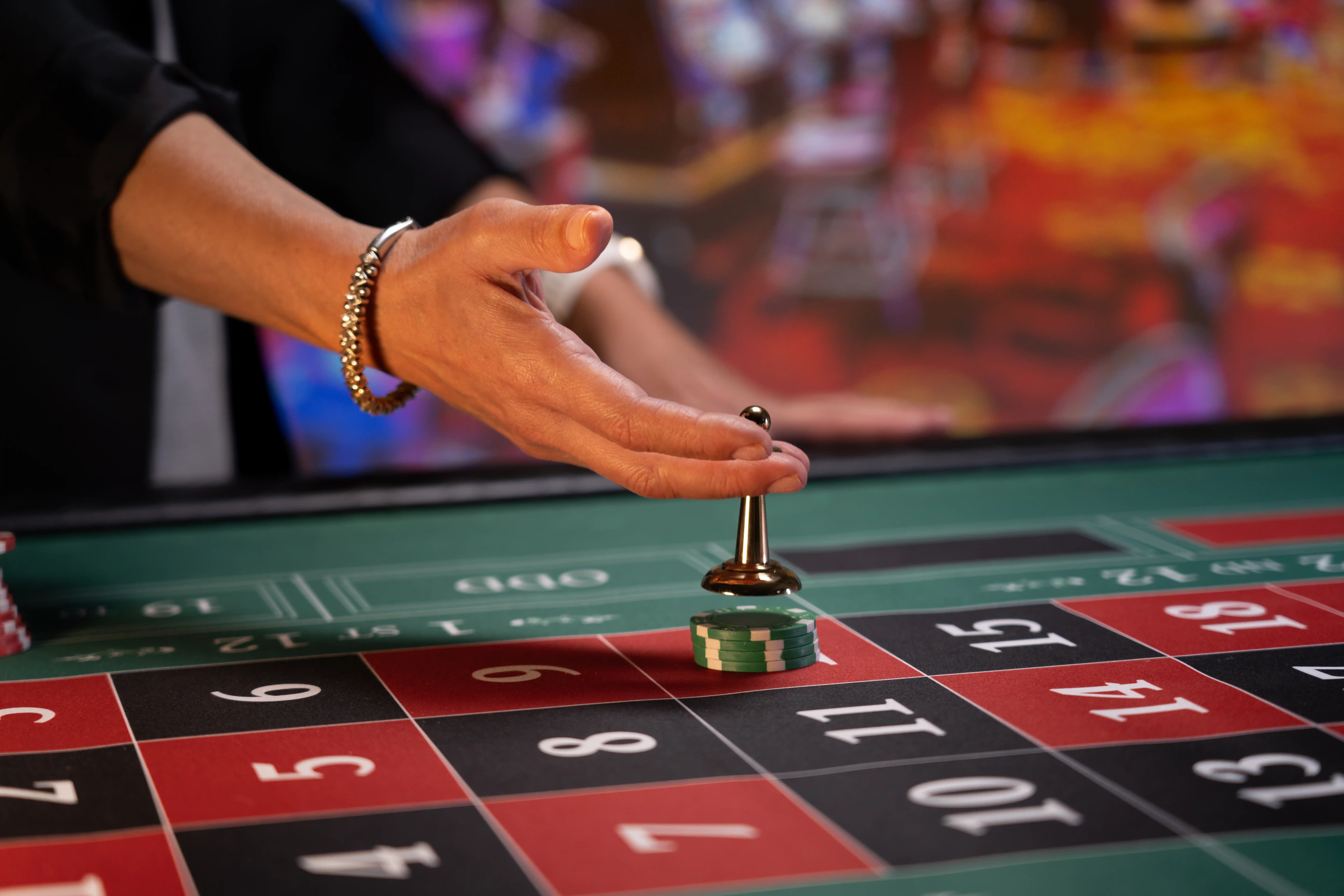- 3 Sep 2025

Betting, in all its forms—from sports wagers to casino games—offers excitement, suspense, and the promise of reward. However, beneath the thrill lies a complex psychological landscape. Whether you’re a casual gambler or a seasoned bettor, your emotional state and expectations can significantly influence decision-making, risk tolerance, and ultimately your success or failure. This article explores the psychology of betting, how emotions come into play, and practical tips for managing your mindset.
When you place a bet, especially one that wins, your brain releases dopamine—a neurotransmitter associated with pleasure and reward. This chemical reinforcement makes betting feel good, encouraging you to repeat the behavior. Over time, this can lead to impulsive decisions or chasing losses, especially when your brain starts craving the dopamine hit more than the outcome.
Winning a bet brings elation and confidence, but losing can trigger frustration, regret, and even shame. The emotional rollercoaster can cloud judgment, making it difficult to assess risk objectively. Many gamblers fall into the trap of loss aversion, where the pain of losing outweighs the joy of winning, prompting risky behavior to recover what’s lost.
Many bettors overestimate their ability to predict outcomes, particularly in skill-based games like poker or sports betting. This illusion of control leads them to believe they can “beat the odds,” even when outcomes are largely determined by chance.
This common cognitive bias makes people believe that past events influence future probabilities. For example, if a roulette wheel lands on red five times, someone might believe black is “due” next. In reality, each spin is independent. Misconceptions like this often lead to poor betting strategies and inflated expectations.
One of the most dangerous habits in betting is chasing losses—continuing to gamble in the hope of winning back what you’ve lost. This behavior is driven more by emotion than logic and can lead to deeper financial and emotional distress.
A winning streak can inflate a bettor’s confidence, making them more likely to place larger or riskier bets. While it’s natural to feel good after a win, overconfidence can skew your perception of risk and lead to reckless decisions.
The digital age has introduced a new psychological factor: FOMO. Seeing others win or missing out on betting opportunities can create anxiety and irrational decision-making. It’s important to recognize when you’re betting out of fear rather than strategy.
Before placing any bets, ask yourself why you’re doing it. Is it for entertainment, profit, or social reasons? Setting realistic expectations—such as betting for fun rather than income—can help you stay grounded.
Create a strict betting budget and never exceed it. This should be money you can afford to lose. Once it’s gone, stop. Having financial boundaries reduces the emotional toll of losses and prevents compulsive behavior.
Step away from betting periodically to assess your mindset and behavior. Are you feeling stressed? Are you trying to win back losses? These breaks give you space to reflect and reset.
Document your bets, including the reasoning behind them, your emotions at the time, and the outcome. Over time, this can reveal patterns and help you make more rational decisions.
Mindfulness exercises, such as deep breathing or short meditations, can help reduce emotional reactivity. Staying present and calm allows you to make more thoughtful choices and avoid emotional betting.
If betting begins to interfere with your daily life—financially, emotionally, or socially—it may be time to seek professional help. Problem gambling is a recognized mental health issue that affects millions worldwide. Organizations like Gamblers Anonymous offer support, while therapy and cognitive behavioral approaches can address the psychological roots of addiction.
Modern betting platforms often include tools to help users manage their gambling habits, such as self-exclusion, deposit limits, and time-outs. Utilizing these tools proactively can help you stay in control, especially during emotionally volatile periods.
Betting is as much a psychological game as it is a financial one. Managing emotions and expectations is crucial for maintaining a balanced, responsible relationship with gambling. By setting boundaries, recognizing emotional triggers, and practicing self-awareness, you can enjoy betting without falling into destructive patterns.
Remember, the house may have the edge in odds, but you have the edge in mindset—if you choose to use it.